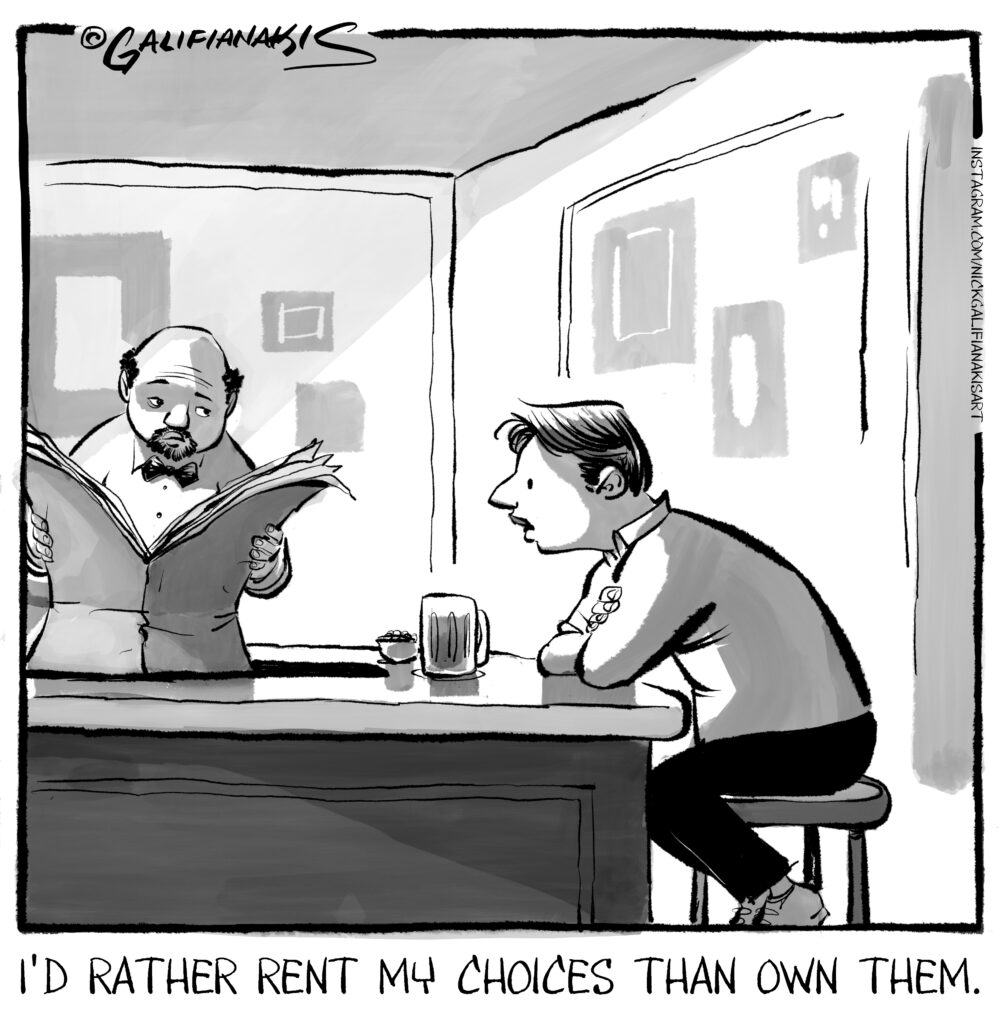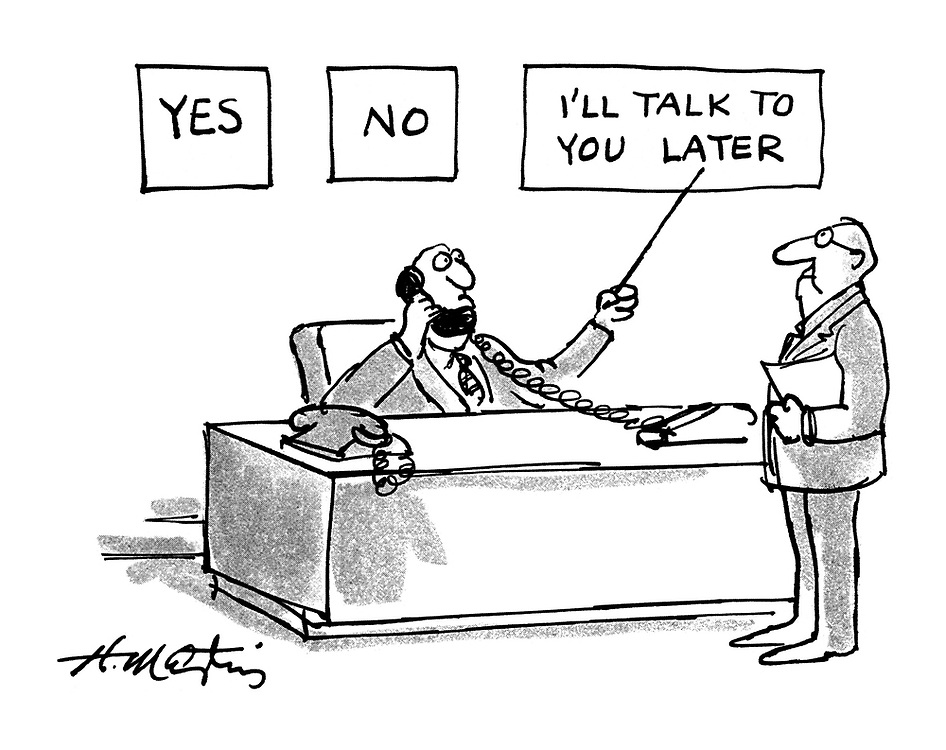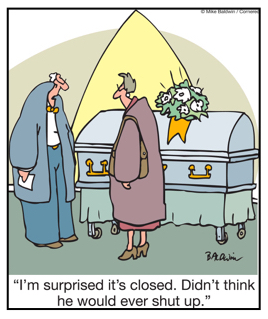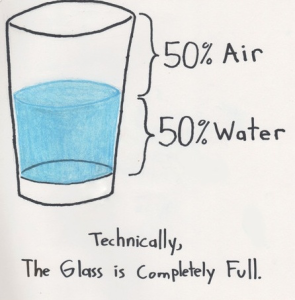
My family recently saw the new Mission Impossible movie. (Great movie, but it’s long – 165 minutes.) One of the actors threw out this phrase: “Your life is the sum of your choices.” Upon reflection, I don’t agree. Choices do have consequences, but there are other factors at play. I see three distinct elements that have made you who you are.
1. DNA traits – Psychologists call this the “nature factor.” [conception through birth]
When in your mother’s womb, you were uniquely fashioned. The day you were born there was no on earth quite like you. Your one-of-a-kind gene pool created a distinct person.
Many of the physical attributes that distinguish you from all other people are the same today as they were at your birth and they will remain so throughout your life. For instance, your fingerprint and iris print are unalterable.
Likewise, you were born with unique, nonphysical attributes—such as your personality—and these, too, are stable. In many ways you were “hard-wired” at birth. Brian Little describes them as “things you brought into the delivery room at birth.”
2. Environmental influences – Psychologists call this the “nurture factor” [birth through age 17]
In the early years of your life, human and environmental factors significantly shaped you.
For instance, imagine how these contrasting variables would radically affect a young life.
-
-
- Were you born in Finland or Bangladesh?
- Did your family of origin embrace Christianity or Islam?
- What type of family were you raised in? (stepfamily; single-parent; headed by two unmarried partners, either of the opposite sex or the same sex; adoptive; foster; or families where children are raised by their grandparents or other relatives)
- Did you have siblings?
- In what socio-economic level were you raised?
- Did you suffer verbal, emotional, or physical abuse; or were you consistently and deeply loved?
- Did you have good educational opportunities?
-
3. Your choices [age 18 through death]
Finally, we must consider the personal choices we make in life and how they impact us.
In his book, The 8th Habit, Steven Covey says, “Fundamentally, we are a product of choice, not nature (genes) or nurture (upbringing, environment). Certainly genes and culture exert strong influence, but they do not determine. Next to life itself, the power to choose is your greatest gift.”
I disagree with his overemphasis on choice because nature and nurture are powerful influencers, but let’s consider this: you and I had no control over the nature and nurture factors, but we do have the ability to make choices. Said a different way: Given the unalterable aspects of your life (nature, nurture), what choices will you now make to help optimize your life and enhance your well-being.
We are responsible for big choices (marriage, higher education, careers, friends, where we live) and a myriad of smaller, reoccurring choices (diet, exercise, health, discretionary time).
It is counterproductive to have a victim’s mentality throughout our adult lives. Understand and accept the good and the bad of the nature-nurture factors, and then chart a positive course to become the person you want to be.
Covey shares three sentences that underscore the power and importance of choices.
Between stimulus and response there is a space. In that space lies our freedom and power to choose our response. In those choices lie our growth and happiness.
It’s difficult to sort out all these issues by yourself. That’s why I recommend that every human on earth spend time with a professional counselor or coach or several trusted friends to talk through these and other issues.
Back to the topic of this post: I think your life is the sum of your nature, nurture, and choices, and that the the older you become—for better or for worse—your choices are increasingly influential.
[I’ve written a book on this topic – Signature Soulprint. Respond to this post or contact me at [email protected] for information about how to get a copy.]



